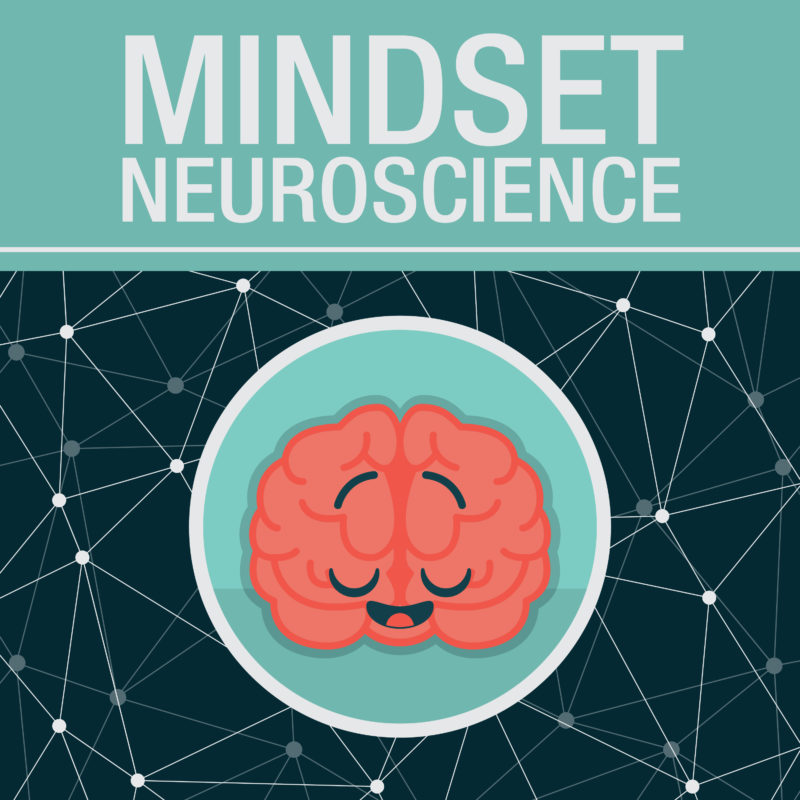"Everyone thinks of changing the world, but no one thinks of changing himself.” *
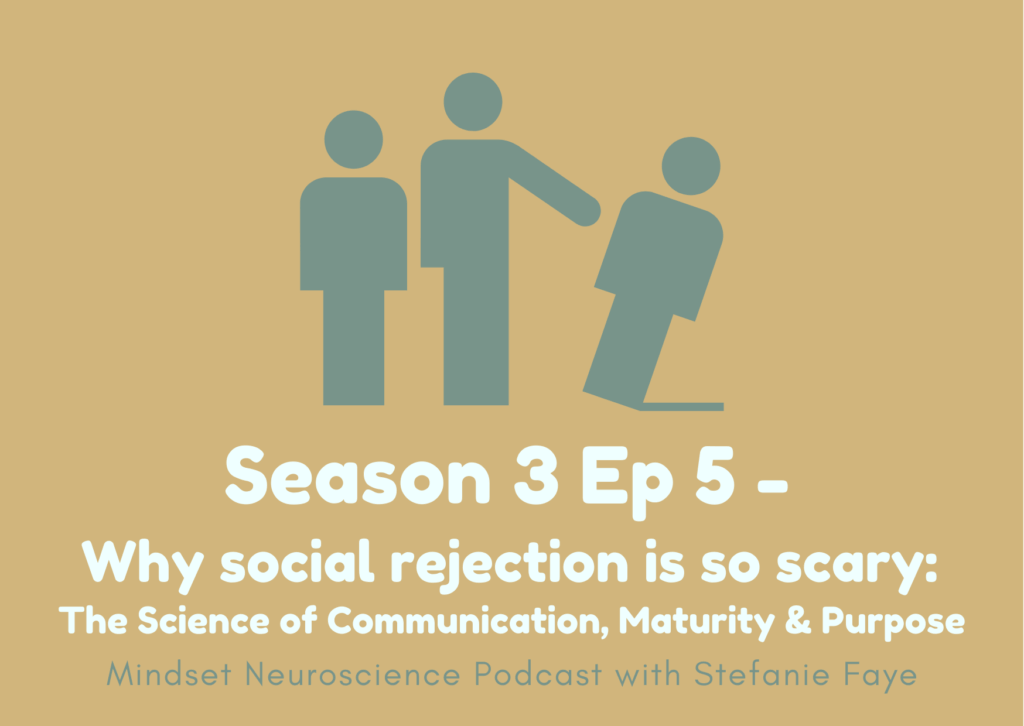
We are in the most interconnected period that humanity has ever experienced.
The potential for us to tap into and amplify collective intelligence is unparalleled.
The potential for us to tap into and amplify collective trauma is also unparalleled.
As we interact with others online and in person, and in all the moments in between, we have a chance to find new ways to react to people and events that help us become more intelligent, regulated and rational.
Being able to regulate ourselves and achieve a desired internal state during times of distress and challenging situations and emotions is one of the most important tools for humans to learn and understand. It is the journey to maturity and complexity for us as a complex, adaptive organism.
Without an ability to self-regulate, we are more vulnerable to the reactions, insecurities and volatility of those around us.
As a species, we are still in the early phases of understanding how dysregulation and mental health challenges are passed on and perpetuated from person to person, generation to generation. This means that in most of the interactions we have with other humans, we will be dealing with some emotional reactivity and immaturity.
Immaturity is a degree of low complexity and is a state of a system (for example a human) that depends on more mature systems to help it meet its needs and achieve its goals. As a system matures, it becomes more capable of self-organizing and finding new, diversified ways of meeting its needs and achieving its goals.
As humans, we do this by mastering our motor control over our bodies, our communication patterns (example language and social signals) and our problem-solving algorithms, which get more and more sophisticated as we have more feedback between us and the world around us.
The more self-regulating we become, the more we are able to take care of our own needs.
This doesn’t mean we are isolated beings while we do this. It means that we are able to meet our basic needs of sustenance, shelter, survival and regulated internal states by collaborating and cooperating with other members to get the tools and resources and support we need to achieve these goals.
Our maturity as a system is reflected in the diversification of our strategies and resources. This means that we are able to navigate and master our ability to get certain types of support, resources and information from a wide variety of places. This includes our ability to regulate our stress and manage difficult emotions.
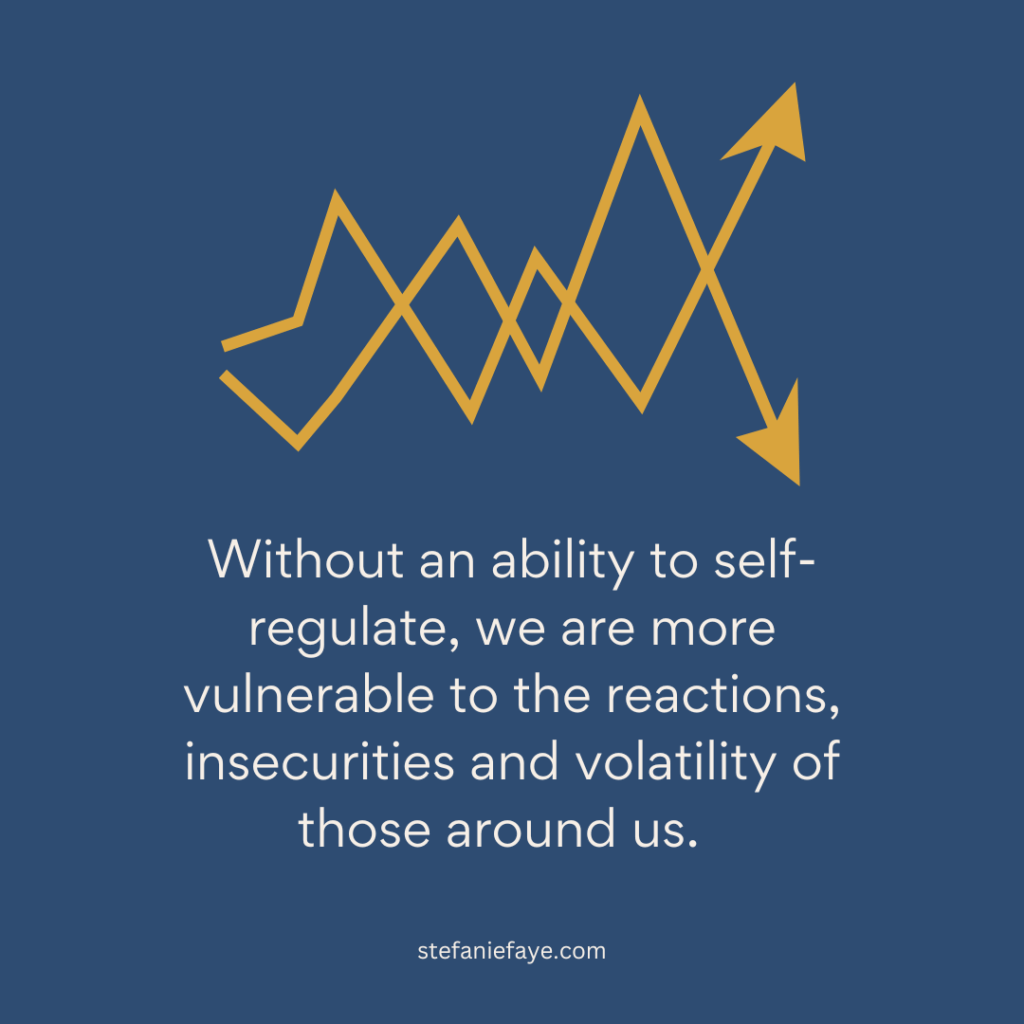
'Immature' systems have lower complexity, and higher rigidity.
When it comes to regulating our emotional states, immaturity would be reflected in attempting to use the same people and the same kind of activity over and over again to try to regulate our distress, and a lack of other tools to do this.
Increasing our range and repertoire of strategies for survival and flourishing means that we are able to find tools such as online resources, books, therapists, community organizations, and tools and techniques like journaling, meditation, exercise, contemplation, stress inoculation training, physical movement training, etc., to help us achieve a desired internal state.
When we increase our repertoire and ability to use various strategies and tools, we create ‘redundancies’.
A redundancy is something a system can use to self-regulate in case a different technique or tool is unavailable or no longer functions. As a system matures, it becomes more resilient because it creates more of the redundancies.
The reason why this is critically important in the realm of human behavior, communication and relationships is that the more mature we become in our abilities to self-regulate, the more we can become understanding of others’ perspectives and needs.
An immature system (such as an infant) MUST depend on certain people to meet their needs. A baby cannot take into account what their caregiver is busy with, how much sleep they’ve had, whether they’re stressed at work… their needs are a top priority in that dynamic because they do not have the mastery over their systems or environment in order to meet their own needs and desired internal states.
This also occurs as we age, and for many people who require assistance. There is nothing wrong with this set-up. The resilience of systems comes from each member doing what they are capable of doing based on the architecture and resources they have access to.
More of us have access to extremely high levels of self-regulation capacity than we are currently being taught or modeled.
Intergenerational dysregulation and trauma plays a role in this. We may not have people in our physical presence, especially growing up, who can model mature and sophisticated levels of self-regulation. This is why, as we do get older and leave our nests, we need to turn to others in society who have matured in their ability to self-regulate and contribute to others' regulation
(this is the concept of super-regulators - which I cover in my free mini-book for subscribers).
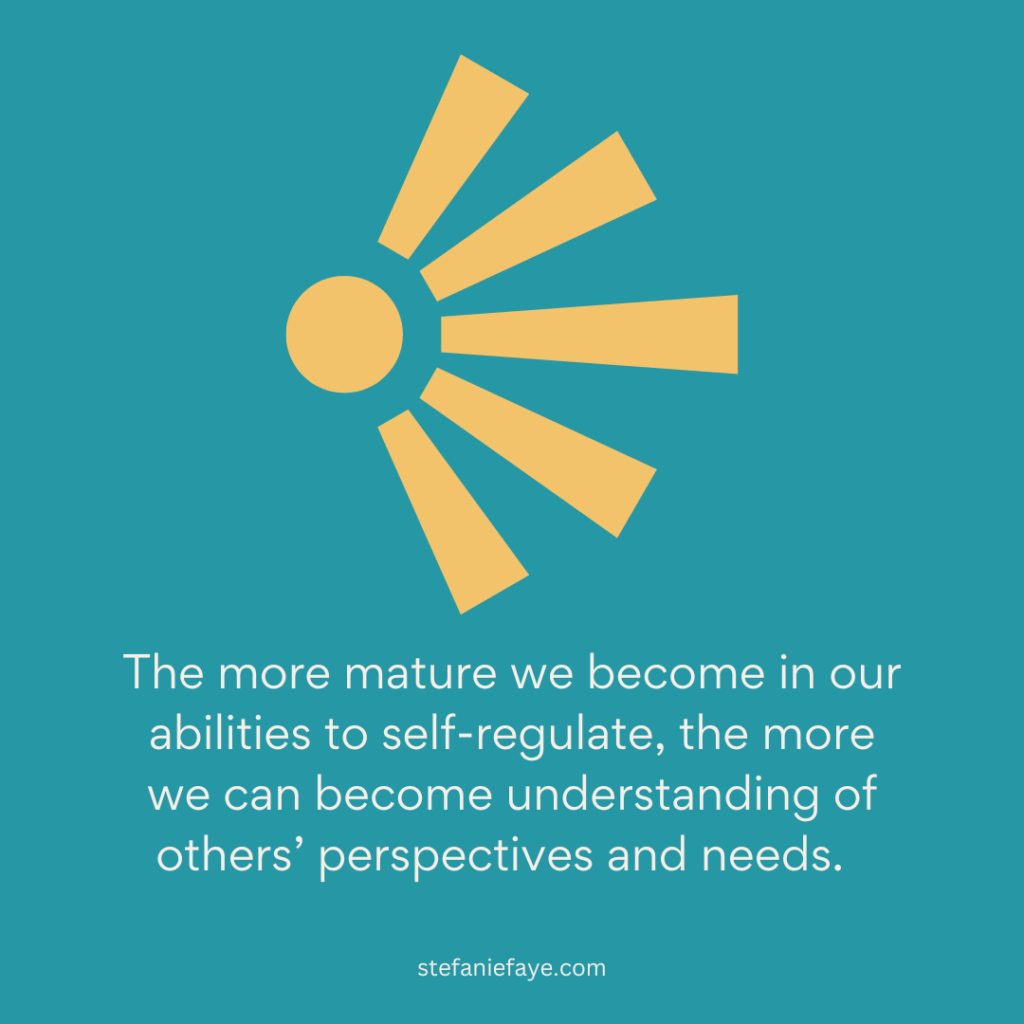
A mature system has enough tools and mastery over its self-regulating abilities that it does not depend exclusively or rigidly on any particular other system to meet its needs.
When we make it a priority to learn how to regulate our internal environment and distress through the various techniques that have been passed on by people who have been able to master this, we increase the maturity of our system. As we do this, we become less vulnerable to the volatility, unpredictability, insecurities and dysregulation of the people around us (both in person and online).
In this episode, we explore the mindset of immaturity - which is a mindset of looking to others to behave in certain ways in order to feel better about ourselves. We look at how this mindset and its communication patterns form, and then how we can move through a journey into a mindset of maturity and complexity.
This mindset shifts us from what we can take from others and into how we can add value, and become a contributing member of a system we are a part of.
Making this shift is something that in and of itself helps us regulate our stress levels and helps us achieve an internal state of safety.
The more we master our abilities to contribute and add value to the systems, relationships and interactions we are a part of, the more we are needed.
The more we are needed, the less ‘needy’ we become. This shifts us into a sense of power, purpose and agency. In my years of experience watching people transform and grow, a sense of purpose and mission is in my opinion the cornerstone of mental health and resilience.
I believe that this sense of mission and purpose is currently missing from many (most) people’s lives and is reflected in the level of dysregulation, angst, depression and existential anxiety that people are experiencing.
The more we learn how to self-regulate and shift our focus to how we add value to our society, the more we activate thought processes to help us figure out what our gifts, talents and strengths are for serving others.
This mindset shift ignites our path to a sense of purpose, mission and meaning for our lives.

I also video-recorded this one! You can watch it here on YouTube.
(please note, the audio quality is MUCH better on the podcast and includes music breaks, which I think are helpful for absorbing the material. It was a last-minute decision to record the video, so the quality is not great, but you do get to see my facial gestures and moments of pause I gather my thoughts lol).
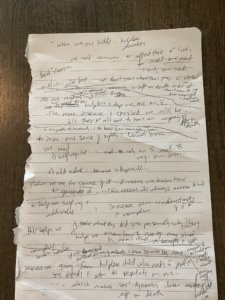
These are the notes I work with for my podcasts... I try to get it on one page and then allow myself to connect dots and be surprised at what else emerges 🙂
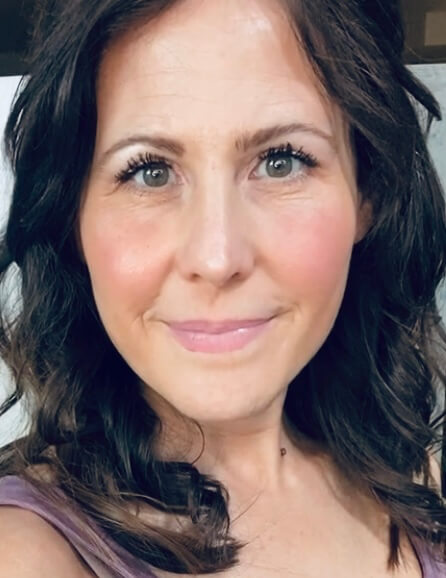
On a side note…
In my Interview with Ryan and Heidi Sawyer.on the Integrated Mindset podcast. We talk about the science behind their slogan of ‘show them, don’t tell them’ Our episode will be up on Friday. If you want to check that out, go to my Instagram @stefanieffaye
Upcoming podcast interviews include
- Dr. Loretta Breuning of the Inner Mammal Institute, where we'll talk about status games and social hierarchies (among other topics)
- Rachel McCarter of Woodinville Martial Arts, where I took a self-defense program for a few weeks this past spring. We'll talk about my experience of past trauma re-emerging due to concepts such as 'biological completion' and implicit memory, as well as levels of awareness and how our micro-gestures transmit signals to others.
- Dr.Sebastian Kernbach and the concept of the Science of Action, and Life Design. We'll discuss how chronobiology plays a role in procrastination and how designing our environments and routines can help us maximize our levels of life fulfillment
Many adventures coming up for me, and I'm excited to share them all with you, including lifestyle changes and living location in spring of 2023. So much of the world to see and experience. I love experiencing the beauty of different places, while being of service to as many people as possible using my gifts and sensitivities that have come from a journey of relentless hunger to learn about self-mastery.
There is a saying called the 20-40-60 rule... In your 20s, you worry and think about what everyone thinks of you. In your 40s, you stop caring what people think of you, and in your 60s, you realize no one was ever really paying that much attention to you anyway - they were in all in their own thoughts and projections of themselves. Decade after decade (4 of them now), I continue to see how much I love the era I was born into, and how it serves as a bridge for understanding a world without social media and internet (we had a modem at some point, but I only used a primitive form of email at the end of highschool/early college), coupled with a desire to use technology in ways that can empower and enlighten us as a species.
"The meaning of life is to find your gift.
The purpose of life is to give it away.”
-Pablo Picasso

